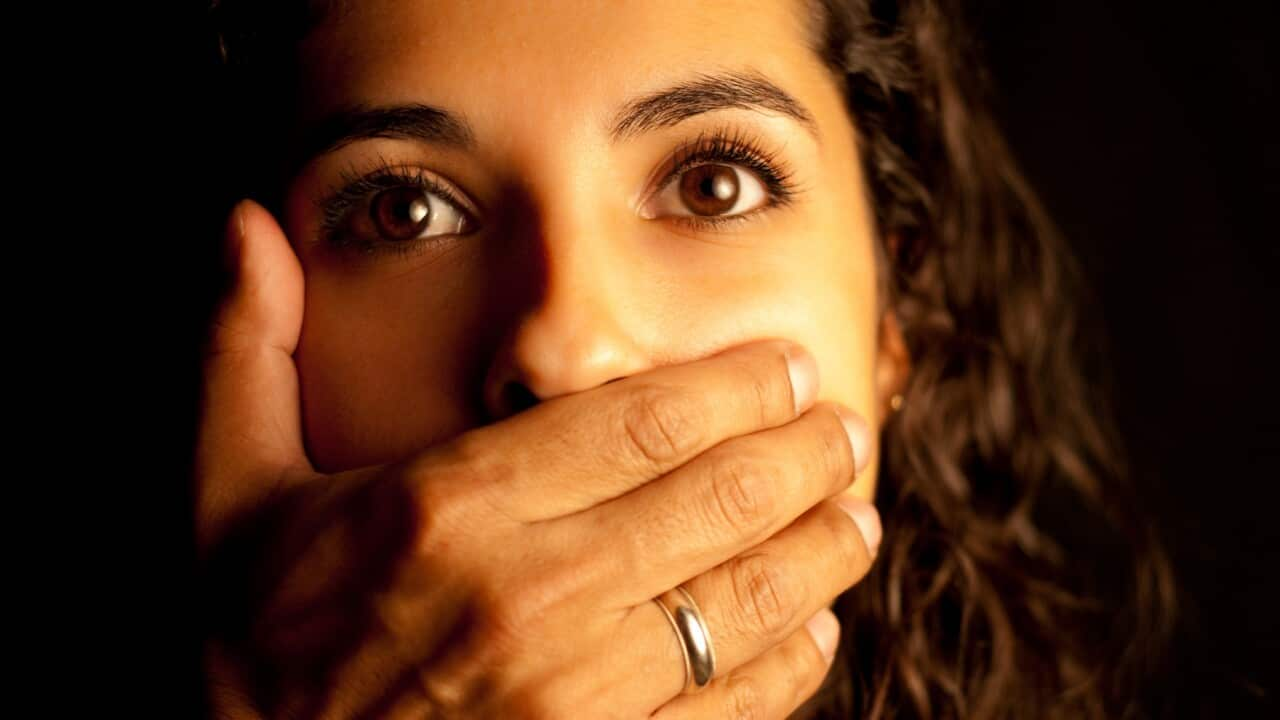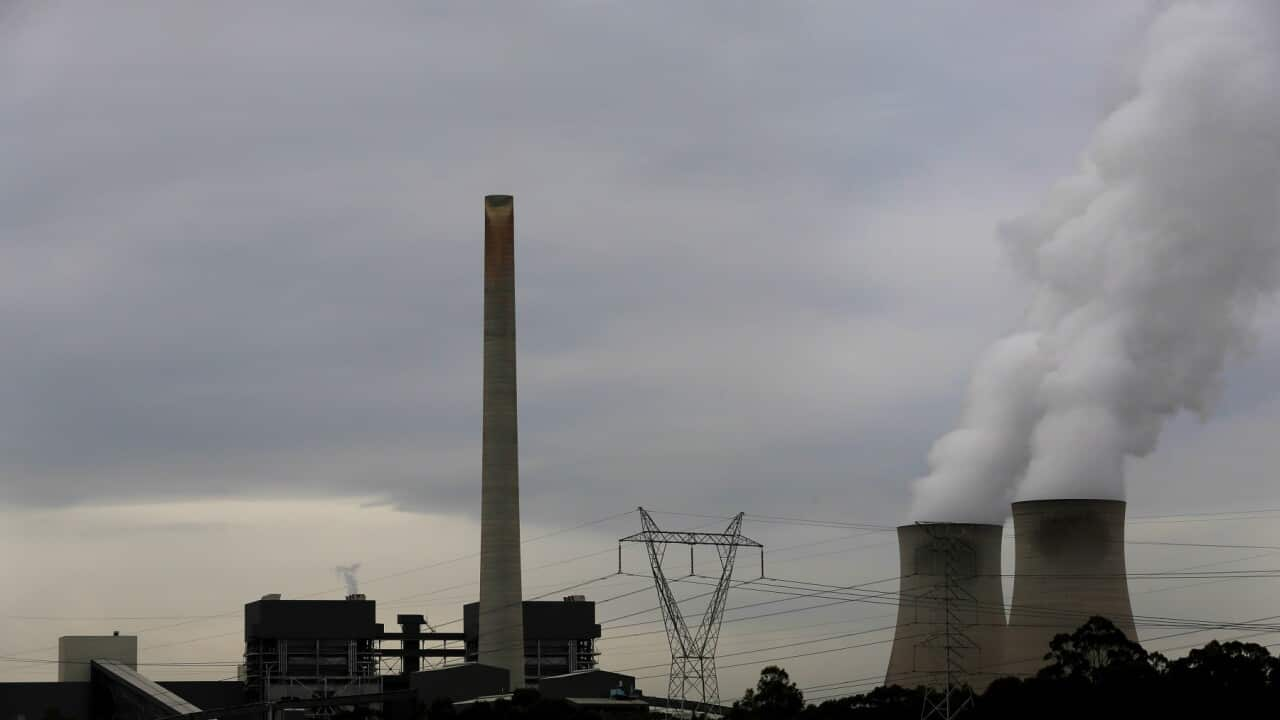TRANSCRIPT:
A new support program has been announced for victims, or those at risk, of forced marriages.
The federal government has announced its plans to invest $12.1 million over the next five years for the Forced Marriage Support Program, which aims to provide prevention and early intervention support for those who need it.
The Australian Red Cross has welcomed the announcement.
Its Senior Manager for anti-trafficking response, Lina Garcia-Daza, says this is something they have been advocating for quite some time.
"Through the delivery of the support for trafficked people program, we have identified and highlighted critical gaps, especially for those at risk of forced marriage and especially around early intervention and prevention. Because we do not provide support to the families, we do not provide support to the community and to the environment, we only provide support to the individual that has been referred to the support program. And around 46 per cent of the people that we support, at risk of forced marriage, decide to remain in the family home."
Professor Jennifer Burn, from Anti-Slavery Australia, says victims of forced marriage or those at risk of forced marriage feel as if they have lost their freedom of choice.
"A forced marriage is one that takes place without the full and free consent of one or both of the parties to the marriage and that usually means there's been coercion or threat or deception that's been so strong that it's had the effect of taking away a person's ability to say no to a marriage that's been organised for them."
Forced marriages became a criminal offence in Australia in 2013 and are considered a violation of human rights.
They are often linked to domestic violence incidents.
Despite this, not a single person has yet been convicted.
The Australian Catholic Religious Against Trafficking Humans [[ACRATH]] group's acting Executive Officer Sarah Puls says the support needed by people who are at risk of forced marriage is quite specialised.
"The prevalence of forced marriage in Australia, we know is increasing and the need for support services, for people who are at risk of and have experienced forced marriage is a really specialised area that the support that's needed is quite different to the support that's needed by other people who are trafficked. So, it's a great announcement that there is a specialised program that will allow people to be supported in ways that are culturally appropriate, that respond to the particular needs of people who are at risk or who have experienced forced marriage."
Victims of forced marriages may experience intense pressure from their environment to agree to be married for a number of different reasons, such as financial or societal.
Families from certain communities consider arranged marriages for their children to be a method of protecting them from unwanted relationships.
People in those communities may have their marriage set up for them from a very early age.
The Red Cross' Lina Garcia-Daza says one of the main reason that many of these incidents go unreported is because the victims don't know where to go for help.
"Accommodation is a huge barrier in making the decision to leave the family home. If a person doesn't know where to go and what will be the support available for them, they prefer to remain in the family home."
Forced marriage victims may often feel as if they are trapped and unable to escape their situation.
The impact of a forced marriage on a person's health can be severe.
Anti-slavery Australia's Professor Burn explains those effects aren't limited to the victim's mental health - their physical health is also at risk.
"We know from people that we interviewed, who have lived experience of forced marriage, that they can experience anxiety, stress, post-traumatic stress disorder (PTSD), depression and have thoughts of suicide. The effects are enormous, not only on the mental health, but also on the physical health and particularly there can be adverse health consequences if there's an early pregnancy involved."
Professor Burn says forced marriage survivors can be conflicted about speaking out.
"A forced marriage victim, or a person who may survive the risk of forced marriage, often feels fearful, they're terrified of what might happen to them, fearful about their future. But at the same time we found through our research that they're very protective of their family members and want to conserve family bonds. So forced marriage survivors are often torn between taking action that might resolve in their freedom versus getting their families into trouble."
The federal government has also announced a further $2.2 million for the Speak Now project.
This project aims to raise awareness of the effects of forced marriages through education.
The Speak Now project and the Forced Marriage Support Program are part of the government's plan to eliminate violence against women and children by 2032.
The Red Cross' Lina Garcia-Daza again.
"A response to forced marriage should be coordinated across these four domains that we were talking about previously of prevention, early intervention, response and recovering/healing. And that involves multi-sectoral collaboration to reduce the detrimental effects of forced marriage. And this is exactly what the National Action Plan is looking to do."
These initiatives have become increasingly important, with the Save The Children organisation estimating that every year, over 7.5 million young girls around the world are entered into forced marriages.
The Australian Federal Police say forced marriages are the most commonly reported form of modern slavery in Australia.













